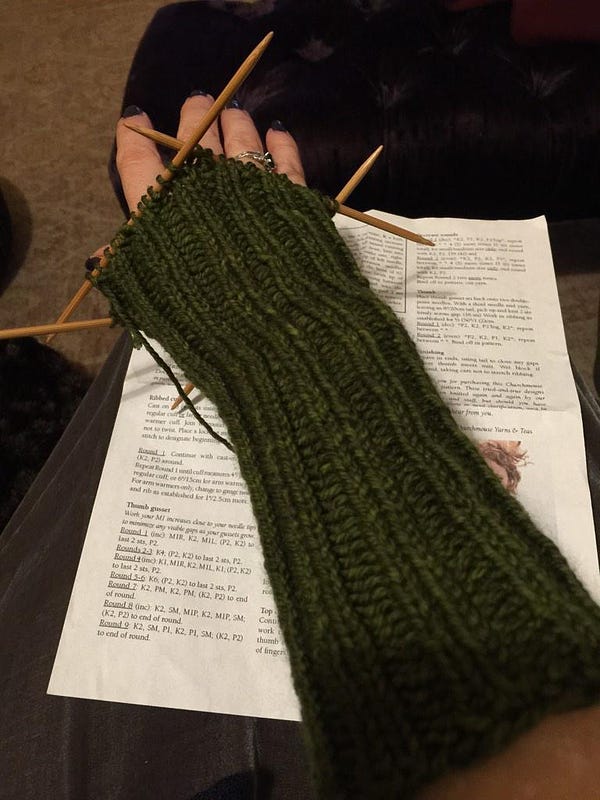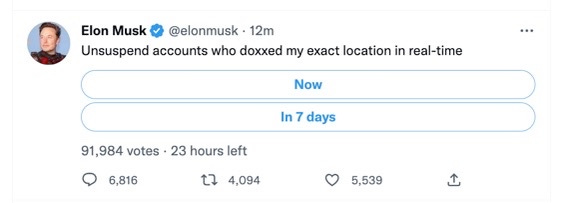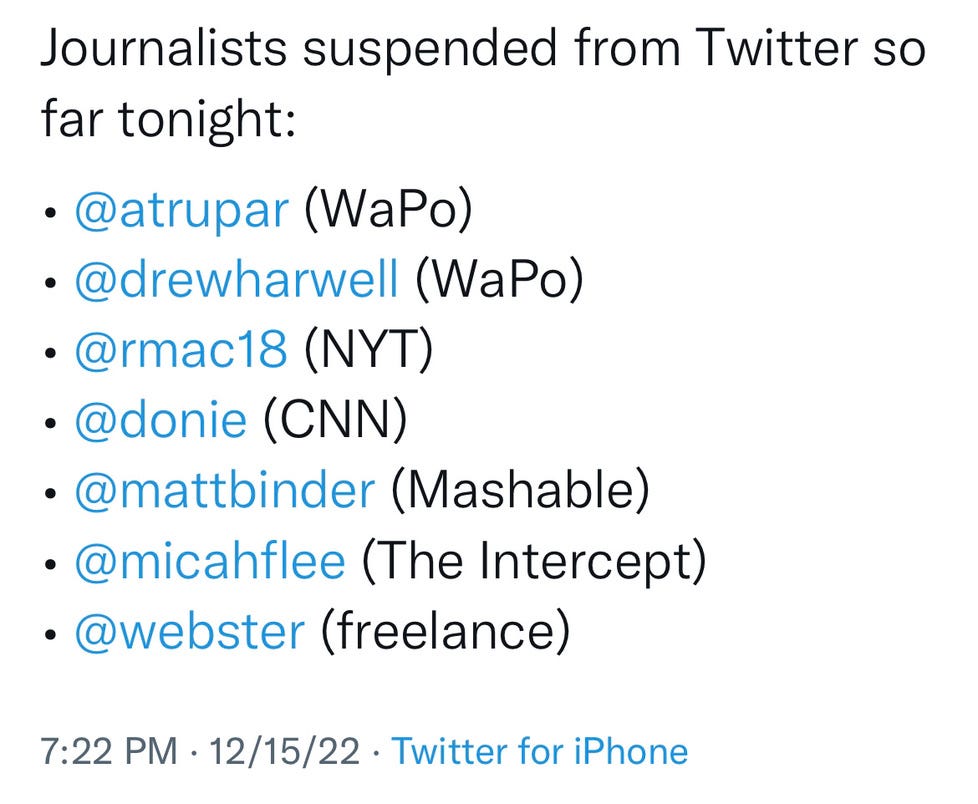In April 2012, I signed up for an account on Twitter. It was four years into my time as a U.S. Attorney in the Obama administration, and I was a voracious consumer of news. We were still paying for delivery of the New York Times at that point, a real luxury for two public servants with four kids, but as Birmingham’s last daily newspaper slid into demise, it was essential. And I liked the feel of paper in my hands.
But I saw real value in Twitter. I used it as a news amalgamator. Working for the government, where we didn’t use it, I didn’t know much about social media. But I recognized that I could read lots of different newspapers and see the world from different viewpoints with a well-curated Twitter feed. An hour or so to read in the morning, and I was up to date on news I needed for work and other issues that interested me. I thought it was the most amazing thing I’d found on the internet (except for maybe the first time I realized I could look at the Louvre online in the mid-1990s and spent days looking at art).
I tweeted only six times on my private account while I was in government—at some point, my U.S. Attorney’s office joined the modern era and opened an official one and we tweeted about official events there. But it’s clear that I understood the value of Twitter from the start, posting this after one particularly boneheaded move in the Atlanta airport:
I resigned from the Justice Department the night before Trump was inaugurated, and, within days, my good friend Tim Purdon, former United States Attorney in North Dakota, who had left DOJ ahead of me, told me he was having a lot of fun tweeting. I jumped in with both feet—we all remember the early days of the Trump administration. Expressing outrage on Twitter was much cheaper than therapy but provided a great deal of relief. And more importantly, it helped build communities of people who wanted to understand what was going on. Many former public servants, including lots of my colleagues, chipped in to share their knowledge and explain what was going on—and going wrong—with our government.
Some of those early tweets have a certain ironic feel in hindsight.


For me, Twitter grew into something very important. I liked staying in touch with friends, grabbing the stray recipe or some advice on handling chickens, but it was the marketplace of ideas that kept me coming back. Whether it was reading people whose views I shared or those whose views I disagreed with, sometimes vehemently, so I could better understand those arguments and test their validity in my opinion, Twitter was a place where everyone had access to ideas.
I suspect many of you feel the same way, and that’s why we’ve been watching Elon Musk with so much trepidation. Tonight, Musk began to silence the voices of journalists on Twitter. You can’t read that—silencing the journalists—without all sorts of alarm bells going off in your head. Except that it’s not a dictator, or even a government, that’s doing it.
First off, this is not about free speech, at least in the Constitutional sense, although Musk has occasionally tried to position it that way. The First Amendment means the government can’t restrict us from saying and writing what we like, with very limited exceptions. But the action Musk took is about suppressing free discussion of ideas and about democratic values in a society where advancing technology offers unprecedented opportunities for expressing ideas, but also, at least in the case of private ownership of an entity like Twitter, for one man to silence anyone he wants to, on a whim, and without any obligation to disclose why. The trigger for Musk’s actions Thursday night seem to have been an account that tweeted the real-time location of his private plane, information also made available on government websites. But some of the journalists Musk banned Thursday night had been critical of Musk since his takeover of the site.
Musk is already having second thoughts. It’s possible that by the time you read this, he will have restored the accounts he suspended.
Nonetheless, this might be a good time to show some extra love to these journalists, including Aaron Rupar, whose Substack, Public Notice, is an excellent read. We are lucky to have them. Living in a city that has lost its only two print newspapers in the years I’ve lived here, I’m acutely aware of the value these journalists bring.
As the evening progressed, the list grew to include others, including Steve Herman, @W7VOA, with the Voice of America. Even the Russian government permits publication from Voice of America.
So, whatever else he is, Musk isn’t pro-speech. Musk is pro-Musk. He seems to be all for speech when it involves antisemitic and racist tropes, but less so when it repeats publicly available information about him. The key to responsible behavior in the public square is caring about other people, having the ability to expand your desire for security and stability to other people. Unless he changes course, rapidly, Musk is going to let Twitter descend into some sort of parody of Lord of the Flies. And doing so would erode all of the good: the public education, the direct access to experts with knowledge to share, the debate among academics, the access to far-flung news sources, and, yes, the pictures on Caturday.
I suspect the moment is not too far off when Musk’s behavior is called into question in court, whether it’s regulatory issues or something as basic as contract violations or tort claims. Although a number of people are migrating out of Twitter, I’m staying, perhaps out of the same sort of stubbornness that causes me to continue living in Alabama. I’ve created accounts on Mastodon and Post, mostly so no one else can stake my name, and I’ve been on Instagram, where all the knitters live, for a long time. But I’ll stick with Twitter for as long as possible because I believe in speaking truth to power. In many ways, that’s what civil discourse is all about.
We’re in this together,
Joyce








Thanks for this classy piece, Joyce. I love the way you weave a narrative, teach lay people about the law and always circle back to encompass others with a call to action. I had already subscribed to Aaron's substack as soon as I heard he was banned. I love that we can literally have the backs of people we've not met but who are doing important, excellent work in a harsh world. Much gratitude to you and the Sisters in Law.
Guessing I am the only one still up & was surprised you were, too. Nice piece. I had just found Donie from CNN on Mastodon moments before stumbling across your piece as I was heading off to bed. Well, reading anyway. Keep the faith, Joyce. As you ofter remind us, we're all in this together, except obviously for trump & Musk. Peace. Carry on.